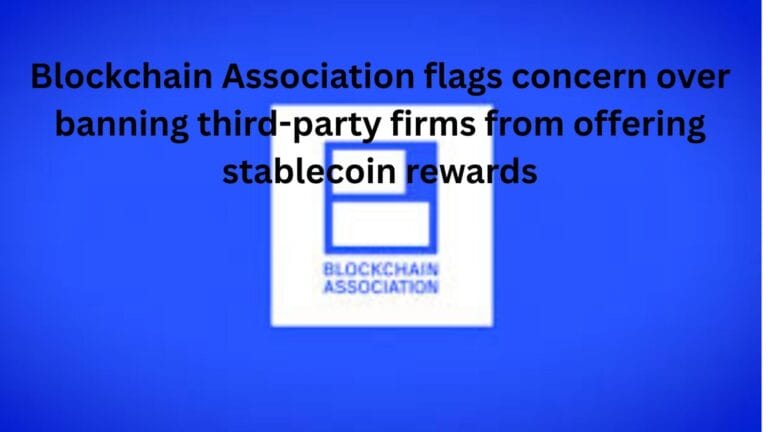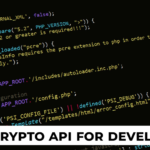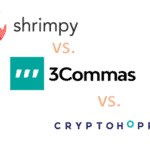Key Takeaways
- The Treasury has blacklisted ten individuals, two entities, and 7 BTC addresses allegedly tied to Iran’s Islamic Revolutionary Guard Corps.
- The listed 7 Bitcoin addresses were allegedly connected to 2 of the Iranian nationals — Ahmad Khatibi Aghada and Amir Hossein Nikaeed Ravar.
- Under sanctions, all property of the blacklisted people in the United States or in the possession or control of U.S. persons is blocked and must be reported to OFAC.
The U.S. Treasury’s Office of Foreign Asset Control (OFAC) has sanctioned seven new Bitcoin addresses allegedly associated with Iran-linked Ransomware activities.
Apart from the crypto addresses, OFAC has blacklisted 10 individuals and 2 entities on its list of Specially Designated Nationals(SDN), making it illegal for U.S. persons and companies to engage or do business with them.
The U.S. Treasury accuses the individuals and entities added to the government’s sanctions list of participating in coordinated ransomware attacks that have targeted an array of United States-based companies and organizations since at least 2020.
According to Treasury officials, the Iranian group’s major targets included a children’s hospital, a town in New Jersey, and a small electric utility firm, among others.
The individuals have been identified as employees or associates of Afkar System Yazd Company and Najee Technology Hooshmand Fater LLC.
The U.S. Treasury has alleged that the sanctioned individuals/companies in the ransomware group were affiliated with Iran’s Islamic Revolutionary Guard Corps.
The U.S. treasury states, “the group conducted various malicious cyber-enabled activities including compromising the systems of a U.S.-based children’s hospital in June 2021 and targeting the U.S. and Middle Eastern defense, diplomatic, and government personnel.”
The listed 7 Bitcoin addresses were allegedly connected to 2 of the Iranian nationals — Ahmad Khatibi Aghada and Amir Hossein Nikaeed Ravar.
As per Treasury Department’s announcement, Khatibi has been associated with technology/computer services firm Afkar System — one of two entities sanctioned in the same announcement — since the year 2007.
The U.S. Treasury accuses Nikaeed of leasing and registering network infrastructure to assist the ransomware group.
As part of the sanctions, all property and interests in property of the designated persons in the U.S. or in the possession or control of U.S. persons are blocked and must be reported to OFAC.
Recently, OFAC has increased its crackdown on crypto firms and the digital asset industry in general. On August 8, the Treasury imposed sanctions on virtual currency mixer Tornado Cash, alleging that it helped North Korea-based hacking groups to launder proceeds from their cyber crimes.
Following the ban, Circle, the stablecoin’s parent firm, froze all the USDC accounts on Tornado Cash and blocked any connected addresses from utilizing USDC. Many in the crypto community worry that if USDC is forced to freeze more assets, it could start a chain reaction that may destroy the decentralized nature of Web3 space.










